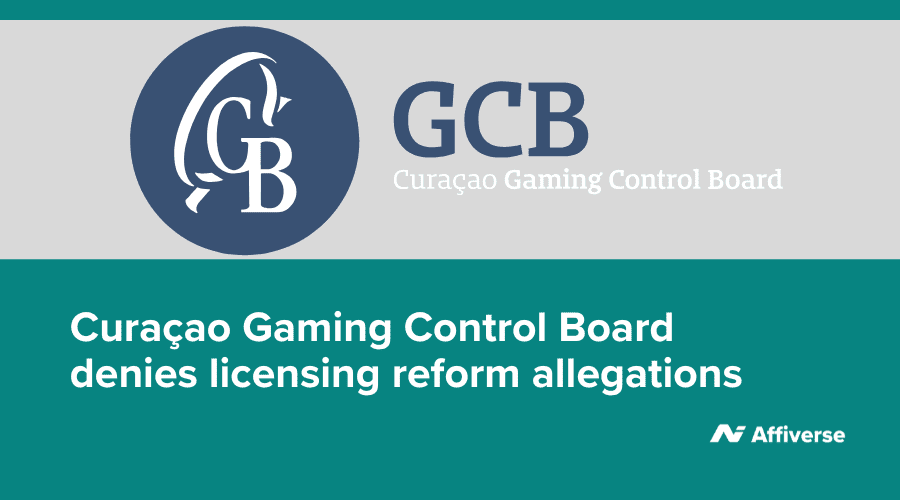Curaçao Gaming Control Board denies licensing reform allegations

The Curaçao Gaming Control Board (GCB) has “strongly denied” allegations of corruption and mismanagement in its revamped gambling licensing process. In response to claims made by opposition politician Luigi Faneyte, the GCB clarified its authority and outlined its stringent licensing protocols.
For nearly two decades, Curaçao has been a hub for online gambling operators, offering a low-cost, loosely regulated entry point to the industry. While this approach made Curaçao attractive to thousands of gambling companies, its lax oversight and regulatory loopholes meant many rogue gambling businesses based themselves there.
Under pressure from the Dutch government to address concerns about money laundering and illegal gambling, Curaçao introduced the National Ordinance for Games of Chance (LOK), a new regulatory framework intended to tighten oversight. However, it’s already faced multiple delays, and has sparked criticism both domestically and abroad.
Allegations of corruption and fraud
Luigi Faneyte, representing the opposition Real Alternative Party, recently filed a report with Curaçao’s attorney general accusing the GCB and Finance Minister Javier Silvania of issuing gambling licenses without a legal basis, which, they claim, resulted in financial mismanagement. Faneyte also alleged that the licensing process allowed money laundering through mismanaged funds.
In a public statement, the GCB refuted these accusations, asserting that its licensing operations are fully compliant with its formalized authority under the Ministry of Finance from 2020. The GCB stated:
“The allegation that the GCB lacks the legal authority to grant licenses is therefore incorrect,” the GCB stated, underscoring its authority to grant, revoke, or amend licenses.
While it’s unclear whether these allegations hold weight, Curacao’s gambling secretary has a well-documented history of corruption. Two former Finance Ministers were heavily involved in gambling regulation, and one was even tragically shot down on a beach.
What the new licensing processing looks like—on paper
The GCB was eager to reiterate the comprehensive nature of its new licensing scheme, which, they claim, involves multiple review stages. They claim to carry out due diligence checks, business plan reviews, and website evaluations—although it should be noted that these have always been requirements.
However, with the Dutch government heavily involved, it does appear that the GCB is going to bring about significant change. Their online portal allows operators to submit—and track—their applications in real time.
The new LOK framework also introduces mandatory Alternative Dispute Resolution (ADR), something that, before, was entirely lacking. The GCB went on to say:
“Complaints received from players and future reports from ADR entities will be used as inputs in the GCB’s risk-based supervision process.”
How the LOK is affecting operators and affiliates
In the past, operators could acquire a gaming license in Curacao for around $5,000. This paled in comparison to the fees charged by other regulators, which can often run into the hundreds of thousands of dollars per year. However, under the new LOK framework, license fees have increased tenfold. This price increase is expected to drive many operators to seek alternative jurisdictions. Indeed, many are already moving to Anjouan, which offers a far more lenient regulatory environment.
With Curacao hosting tens of thousands of gambling businesses, the industry-wide change could have a significant impact. Operators unwilling to meet the new requirements—or unable to pay the higher licensing fees— may shut down or relocate, affecting game availability, payment options, and operational stability.
Affiliates working with smaller operators are particularly vulnerable, though even larger brands have expressed reservations about continuing in Curaçao under the LOK framework. Once again, it shows the importance of affiliates partnering with reputable brands.
Still, with laws yet to be fully signed into law, much of the outcome remains speculative. For now, the gambling world—and authorities—watch closely as Curacao attempts to revamp its licensing process, and repair its damaged reputation.






